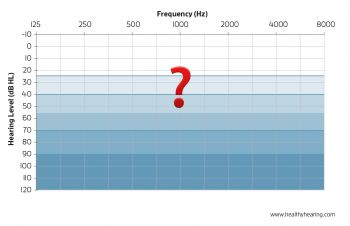Virtual Reality and Hearing Loss: An Emerging Treatment?
Have you ever wondered if virtual reality could aid in managing hearing


Have you ever wondered if virtual reality could aid in managing hearing

Selecting a hearing specialist is a crucial choice that can significantly

Decades of research have revealed a clear link between hearing loss and